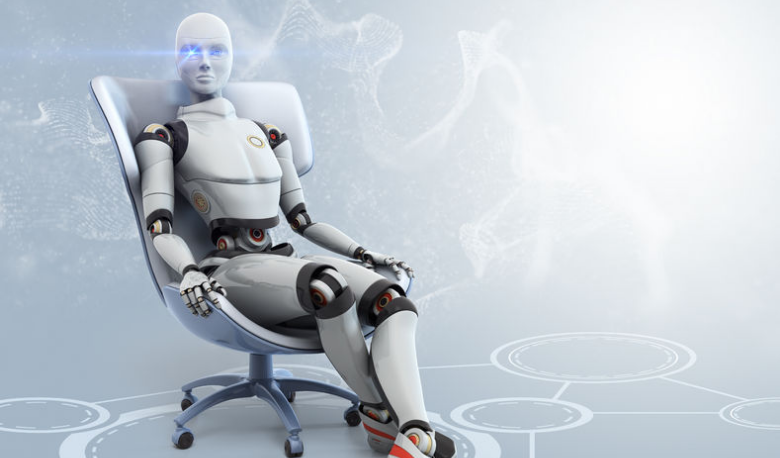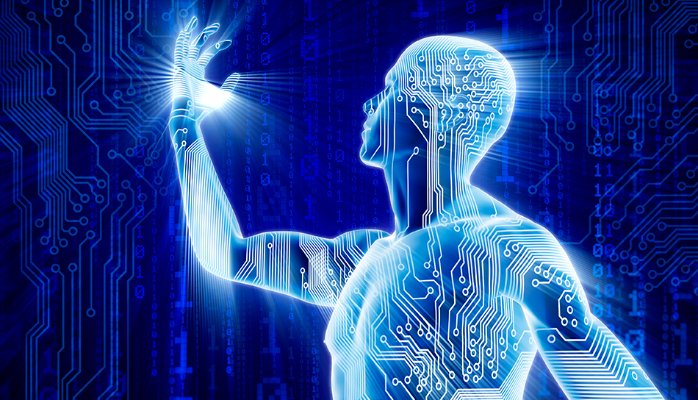Continuing the series on Revolutionizing the Enterprise, where we left off at Sparking the Revolution, I would like to further emphasize immediate opportunities for productive improvements, which do not need to venture into much-hyped speculative technologies like blockchain and artificial intelligence. Personal assistants fits the bill.
In the previous article, I identified communication and negotiation as skills where software agents can contribute superior capabilities to improve human productivity by offloading tedium and toil. Basic elements of this problem can be solved without applying advanced technology like AI. Machine learning can provide additional value by discerning a person’s preferences and priorities. For example, this person is always preferring to reschedule dentist appointments but never reschedules family events to accommodate work. Automating the learning of rules enables the prioritization of activities to be automated, further offloading cognitive load.
In my own work, I wish I had a personal assistant, who could shadow my every move. I want it to record my activities so I can replay them later. I want these activities to be in the most concise and compact form, not only as audio and video. For example, as I execute commands in a bash shell, I want to record the command line arguments, the inputs, and the outputs, so this textual information can be copied to technical documentation. As I point and click through a graphical user interface, I want these events to be described as instructions (e.g., input “John Doe” in the field labeled “Name” and click on the “Submit” button).
With a history of my work in this form, this information will be useful for a number of purposes.
- Someone who pioneers a procedure will eventually need to document it for knowledge transfer. Operating procedures teach others how to accomplish the same tasks by observing how it was done.
- Pair programming is often inconvenient due to team members being located remote from each other and separated by time zones. An activity log can enable two remote workers to collaborate more effectively.
- Context switching between tasks is expensive in terms of organizing one’s thoughts. Remembering what a person was doing, so that they can resume later would save time and improve effectiveness.
The above would be a good starting point for a personal assistant without applying any form of AI or analytics. Then, imagine what might be possible as future enhancements. Procedures can be optimized. Bad habits can be replaced by better ones. Techniques used by more effective workers can be taught to others. Highly repeatable tasks can be automated to remove that burden from humans.
I truly believe the places to begin innovating to revolutionize the enterprise are the mundane and ordinary, which machines have the patience, discipline, and endurance to perform better than humans. More ambitious technological capabilities are good value-adds, but we should start with the basics to establish personal assistants in the enterprise as participants in ordinary work, not as esoteric tools in obscure niches.
[Image credit – Robotics and the Personal Assistant of the Future]


